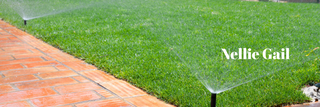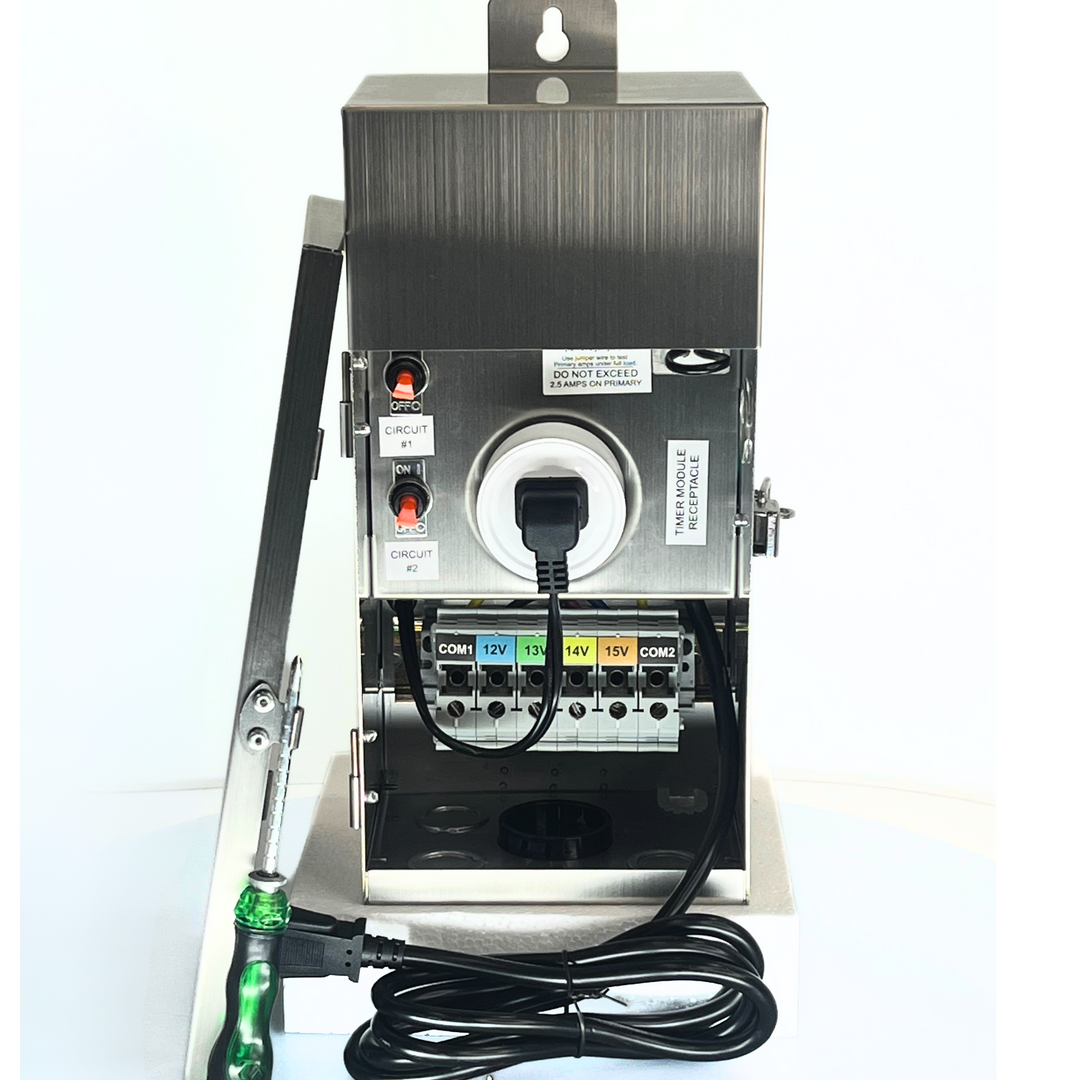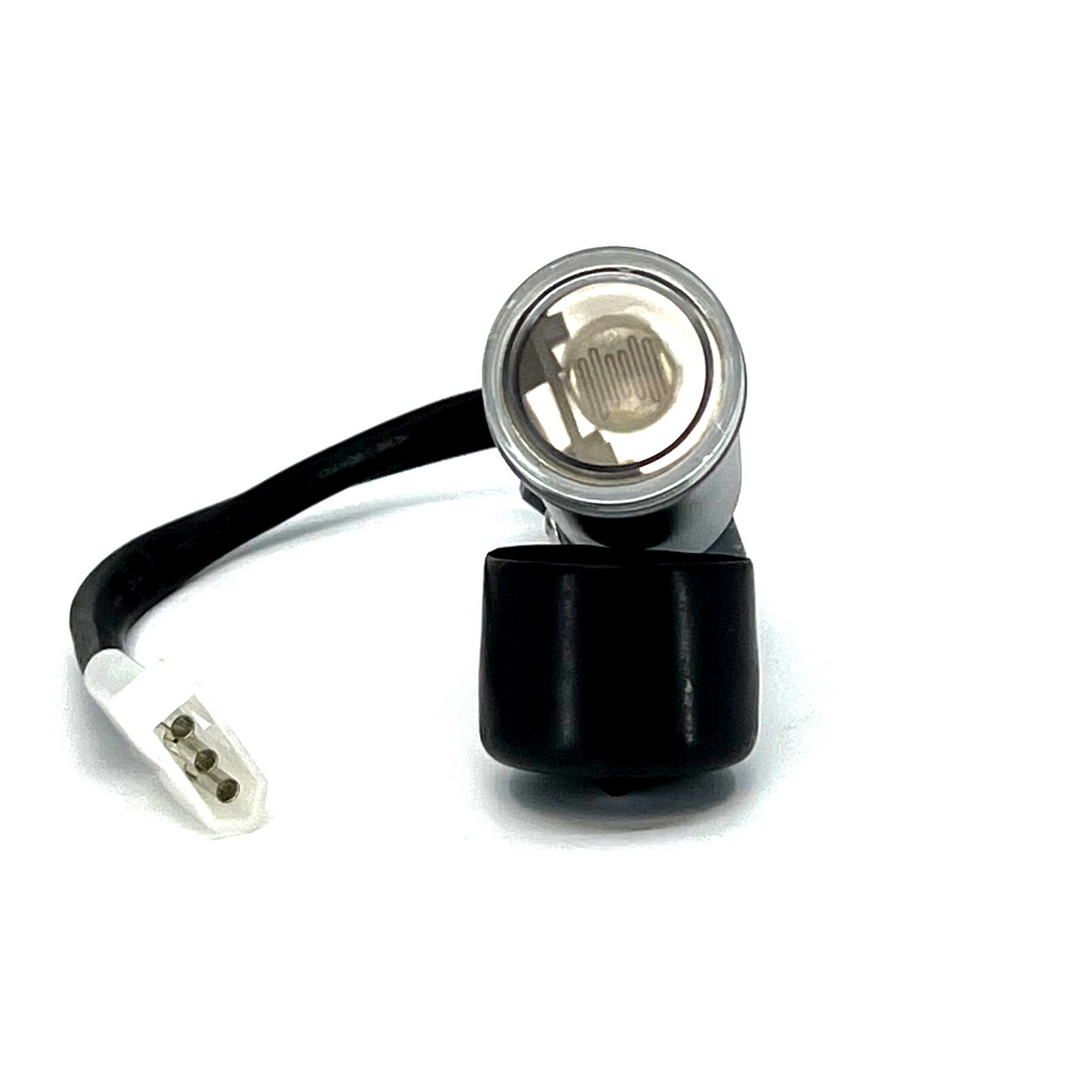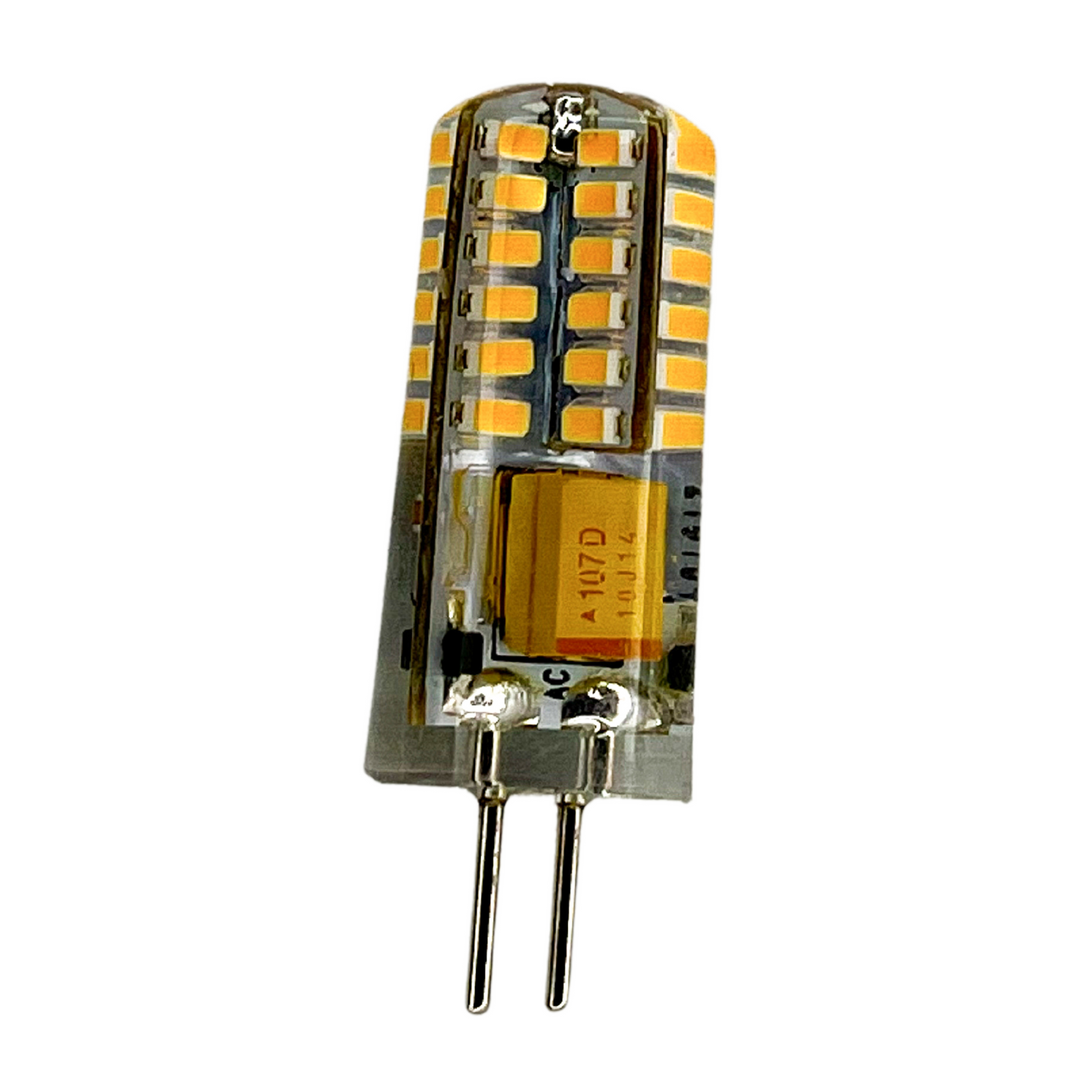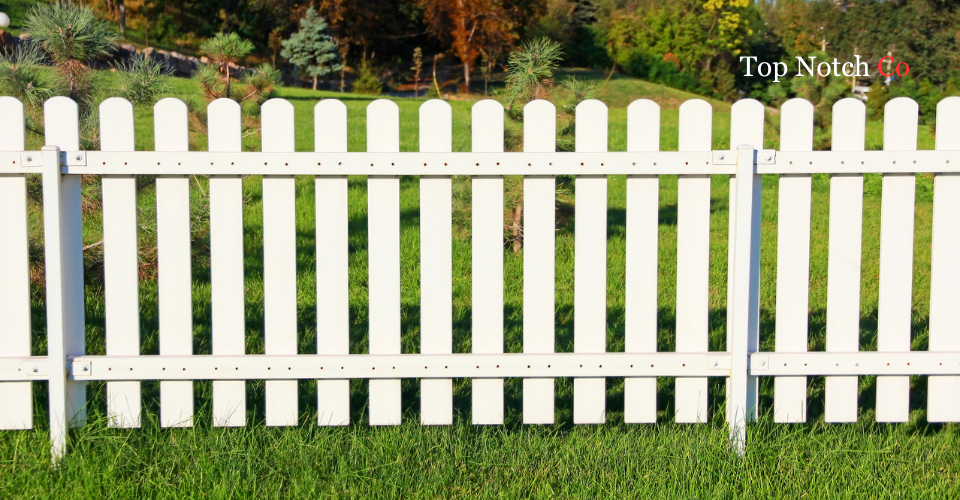
The In-Ground Sprinkler Whisperer: Your Go-To Repair Expert
|
|
Time to read 6 min
In the realm of gardening and lawn care, the significance of a well-functioning in-ground sprinkler system cannot be overstated. It is the backbone of a lush, vibrant landscape, silently working behind the scenes to ensure that your green spaces remain hydrated and healthy. Yet, like all complex systems, in-ground sprinklers are prone to a range of issues that can disrupt their operation, from minor leaks to major malfunctions. Recognizing these problems early, understanding how to tackle them, and knowing when to call in a professional repair expert can save you not just from a wilted garden but potentially from costly water bills and extensive property damage.
In Ground Sprinkler: Recognizing Sprinkler System Problems
Common Signs of Malfunction
The first step to maintaining a healthy sprinkler system is vigilance. Keep an eye out for the tell-tale signs of sprinkler trouble, such as unexpected soggy patches in your lawn, sprinkler heads that refuse to pop up, or areas that remain dry despite regular watering cycles. These symptoms can indicate a variety of issues, from simple clogs to more complex electrical faults, each requiring a different approach to resolve.
Diagnosing the Issue
Identifying the root cause of a sprinkler system issue is crucial. For instance, water bubbling up around a sprinkler head might suggest a leak in the system, while a sprinkler head that fails to activate could indicate an electrical problem or a malfunctioning valve. It's essential to investigate these symptoms thoroughly to determine the appropriate course of action, whether it's a DIY fix or time to call in the professionals.
DIY Repair Tips
Simple Fixes You Can Do
Many common sprinkler system issues can be addressed with a bit of DIY know-how and some basic tools. For example, replacing a broken sprinkler head is a straightforward task that can significantly improve the efficiency of your system. Similarly, minor leaks can often be resolved by tightening connections or replacing worn parts, preventing water waste and ensuring that your system delivers water where it's needed most.
When to Call the Professionals
However, not all sprinkler system issues are suitable for a DIY approach. Complex problems, such as wiring issues, significant leaks, or the need for a system overhaul, require the expertise of a professional. A qualified repair technician can provide a comprehensive diagnosis, recommend the best course of action, and carry out repairs to the highest standard, ensuring that your system operates efficiently and reliably.
Professional Repair Services
What to Expect from the Experts
When you enlist the services of a professional in-ground sprinkler repair expert, you can expect a thorough assessment of your system's condition. These specialists come equipped with the tools and knowledge to diagnose a wide range of issues, from simple mechanical faults to complex system failures. They can perform repairs, recommend system upgrades, and provide valuable advice on maintaining your system to prevent future problems.
Choosing the Right Service Provider
Selecting the right professional for your in-ground sprinkler repair is critical. Look for providers with a proven track record, appropriate licensing, and positive customer feedback. Transparency is key, so seek out professionals who provide clear, detailed estimates and are willing to discuss their proposed solutions with you. This ensures that you understand the scope of the work and the expected outcomes.
Maintenance and Prevention
Regular Maintenance Schedule
Establishing a regular maintenance schedule for your in-ground sprinkler system is one of the most effective ways to ensure its longevity and efficiency. Seasonal checks can help identify and rectify minor issues before they escalate into major problems, saving you time, money, and the inconvenience of unexpected system failures.
Upgrades and Water Conservation
In an era where water conservation is increasingly important, modernizing your in-ground sprinkler system can lead to significant savings and environmental benefits. Upgrading to water-efficient models, incorporating smart controllers that adjust watering based on real-time weather conditions, and ensuring proper system calibration can all contribute to reducing water usage without compromising the health and beauty of your landscape.
Frequently Asked Questions
How often should I inspect my in-ground sprinkler system for potential issues?
Regular inspection is key to maintaining an efficient in-ground sprinkler system. It's advisable to check your system at the start and end of the watering season. Look for signs of wear, such as leaking valves, misaligned sprinkler heads, or clogged nozzles, to prevent minor issues from escalating.
Can I adjust my sprinkler heads on my own, and how?
Yes, adjusting sprinkler heads is a manageable task for most homeowners. To adjust the spray pattern or direction, gently rotate the sprinkler head while it's not in operation. For pop-up sprinkler heads, you might need to use a screwdriver to tweak the spray distance or pattern. Always ensure the water covers the intended area without overspray onto sidewalks or buildings.
What's the best way to conserve water with my sprinkler system?
To conserve water with your sprinkler system, consider installing a smart irrigation controller that adjusts watering schedules based on weather conditions, soil moisture levels, and plant water requirements. Additionally, regular maintenance to fix leaks and ensure proper sprinkler head alignment can significantly reduce water waste.
How can I identify and fix a leak in my sprinkler system?
Leaks in a sprinkler system can often be identified by soggy patches in your lawn or unusually high water bills. To fix a leak, first, identify the source, which could be a leaking valve, cracked pipe, or damaged sprinkler head. For valves and sprinkler heads, replacements can usually be done with basic tools. For cracked pipes, you may need to cut out the damaged section and replace it with a new piece, using couplings to connect it to the existing pipe.
What should I do if one zone of my sprinkler system is not working?
If one zone of your sprinkler system isn't working, check the controller first to ensure the zone is programmed correctly. Next, inspect the valve for that zone; it might be malfunctioning or stuck. Electrical issues, such as a faulty solenoid or disconnected wires, could also be the culprit. If you're not comfortable troubleshooting, consider contacting a professional.
When is the best time to water my lawn with a sprinkler system?
The optimal time to water your lawn using a sprinkler system is early in the morning, just before sunrise. This timing reduces water loss due to evaporation and wind. Watering in the early morning also helps prevent lawn diseases by ensuring that the grass blades don't remain wet overnight.
These FAQs aim to enhance your understanding and management of in-ground sprinkler systems, ensuring efficient operation and water conservation. If your question wasn't covered here, feel free to reach out to a professional for personalized advice.
Practical tips or facts:
Here are three practical tips for maintaining and repairing your in-ground sprinkler system, based on the insights from various sources:
1. Regular Cleaning of Sprinkler Heads: It's crucial to keep your sprinkler heads clean to ensure even water distribution across your lawn. Dirt and debris can clog sprinkler heads, leading to dry patches or uneven watering. Annually cleaning your sprinkler heads can prevent these issues and maintain consistent water pressure throughout your system. When cleaning, you might need to disassemble the heads and rinse each part to remove any clogs effectively.
2. Checking and Repairing Leaky Sprinklers: Leaky sprinklers can lead to overwatered areas, waste water, and increase your bills. Regularly inspect your sprinkler system for leaks and address them promptly. This might involve checking the water flow for consistency across the lawn and inspecting the sprinkler heads, valves, and pipes for signs of damage or malfunction. Keeping an eye on your system's overall performance can help you spot and fix leaks before they become bigger problems.
3. Annual System Maintenance Check: Before the peak watering season, it's a good idea to perform a thorough check of your entire sprinkler system. This includes testing the water pressure, inspecting for missing or damaged sprinkler heads, ensuring the correct angle and arc of each head, and setting the right runtime for watering. Early morning is the best time to water your lawn, so program your sprinklers to run before sunrise. This not only ensures efficient water use but also prevents lawn diseases by avoiding evening watering.
By following these tips, you can maintain a healthy and green lawn while conserving water and preventing common sprinkler system issues.
Our Recommendation
Final Thoughts
The key to a flourishing garden and a healthy lawn lies in the efficient operation of your in-ground sprinkler system. By staying alert to potential issues, performing regular maintenance, and enlisting professional help when necessary, you can ensure that your sprinkler system remains a reliable ally in your gardening endeavors. Remember, the secret to a vibrant landscape is not just in the watering but in the care and expertise applied to every drop. Book Online Now and Get a FREE Quote!









